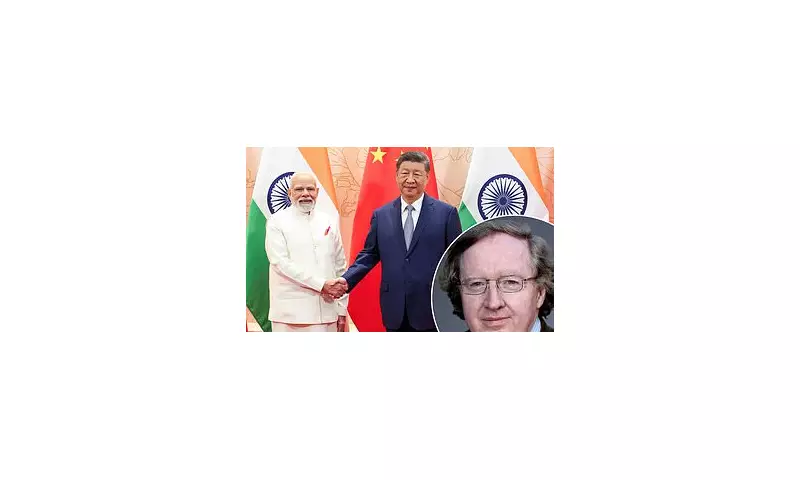
The tectonic plates of global diplomacy are shifting, and at the epicentre is an unlikely catalyst: Donald Trump. His potential return to the White House is already sending shockwaves through international relations, compelling nations to recalibrate their strategic compasses far in advance of any official policy change.
India's Pragmatic Pivot Towards the Pariahs
Nowhere is this strategic manoeuvring more evident than in India. Under Prime Minister Narendra Modi, the world's largest democracy is engaging in a remarkable diplomatic dance with states long considered international pariahs. High-profile visits and warming relations with Russia's Vladimir Putin and Iran's Ebrahim Raisi signal a profound shift in allegiance, driven by hard-nosed realpolitik rather than ideological alignment.
This isn't mere opportunism; it's a calculated response to the Trump effect. Indian strategists are preparing for a world where American commitments may prove fickle, and traditional alliances become unreliable. The message is clear: India will safeguard its own interests first, even if it means mingling with those ostracised by the West.
The Trump Doctrine's Chilling Preemptive Effect
The mere spectre of a second Trump term is actively reshaping global statecraft. World leaders aren't waiting for November's election results; they are acting now based on the presumption of a transformed geopolitical landscape. This preemptive diplomacy reveals a collapse of confidence in America's steady leadership, suggesting that the international community expects a more transactional and unpredictable US foreign policy.
From European capitals to Asian power centres, nations are building hedges against American abandonment. The unspoken question guiding diplomatic missions: What happens if America looks away?
A New World Disorder: Implications for Western Influence
This realignment threatens to unravel the post-Cold War international order that Western powers have painstakingly built. As middle powers like India seek alternatives to American patronage, they inevitably strengthen rivals and undermine collective efforts on issues ranging from non-proliferation to human rights.
The erosion of diplomatic consensus doesn't just create new alliances; it creates a more dangerous and fragmented world where might makes right and principles become negotiable. The West faces the prospect of watching its influence diminish not through direct confrontation, but through the quiet erosion of its coalition.
The Looming Crossroads for Global Stability
We stand at a precarious juncture. The actions taken today by powers like India will have consequences that outlast any single American administration. The emerging multipolar world offers both opportunities for balanced power dynamics and risks of increased conflict without clear guardrails.
What remains certain is that the world is preparing for Trump's return by becoming more like his vision of international relations: transactional, unpredictable, and driven by national self-interest above all else. The question is whether this new world disorder will lead to stability or chaos.





